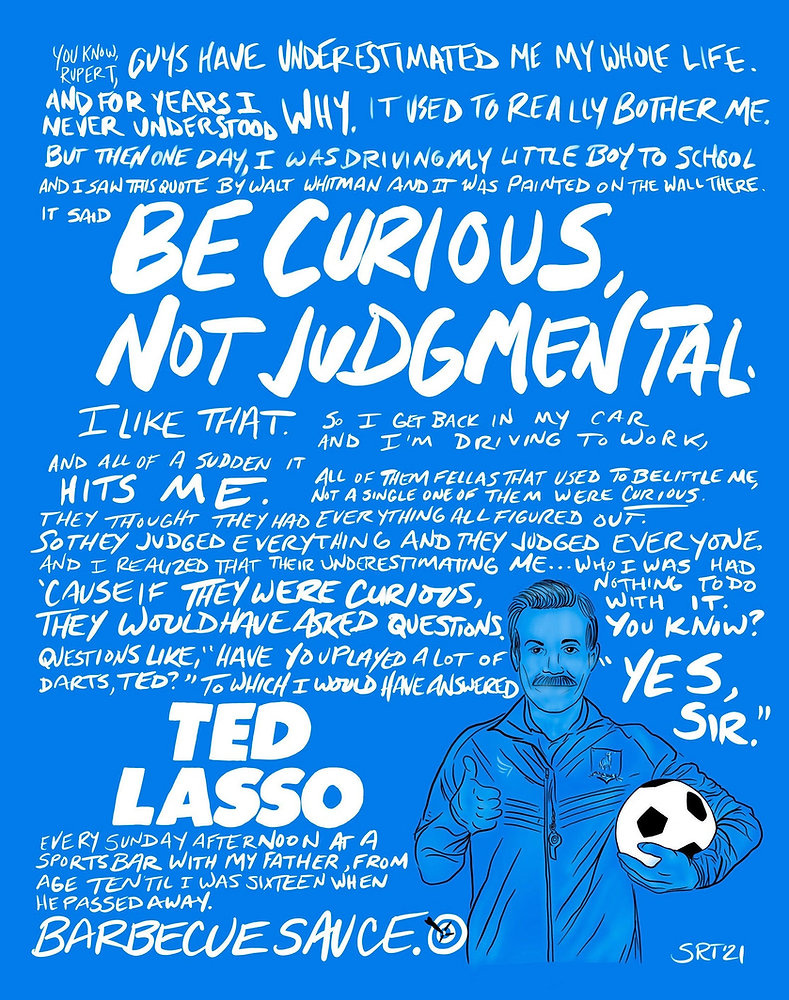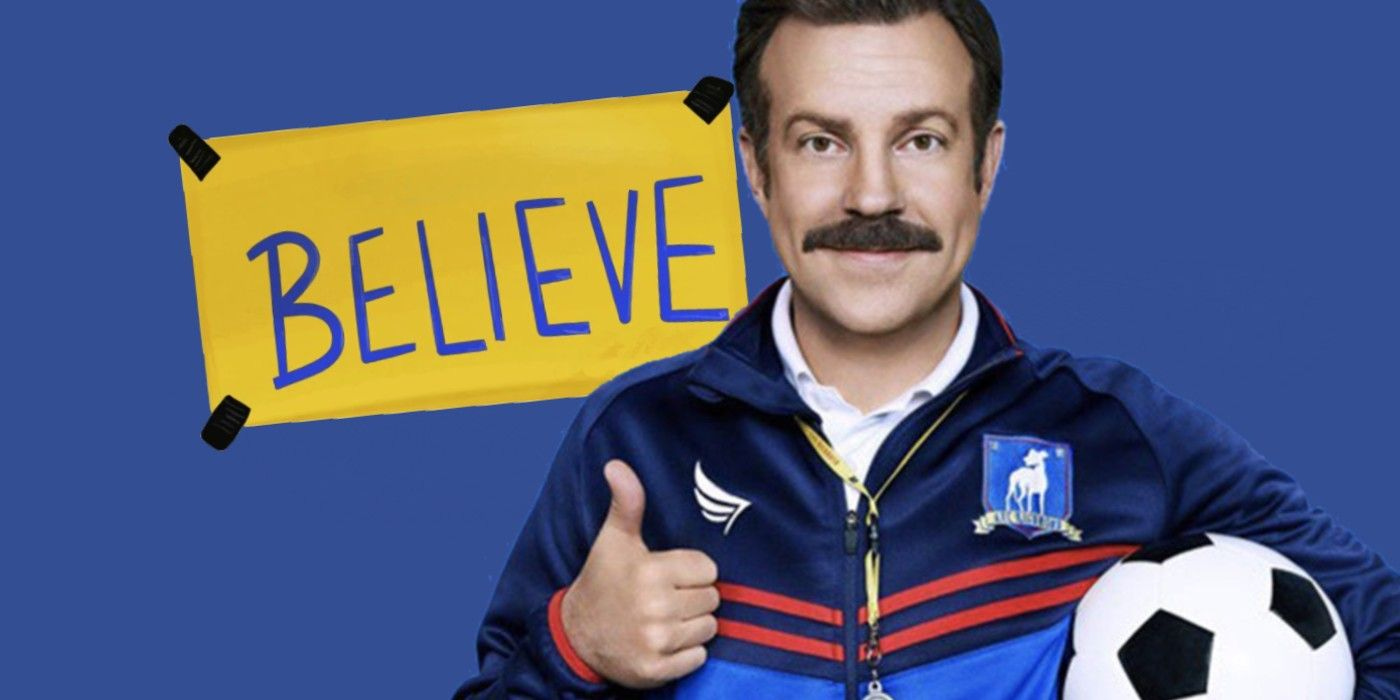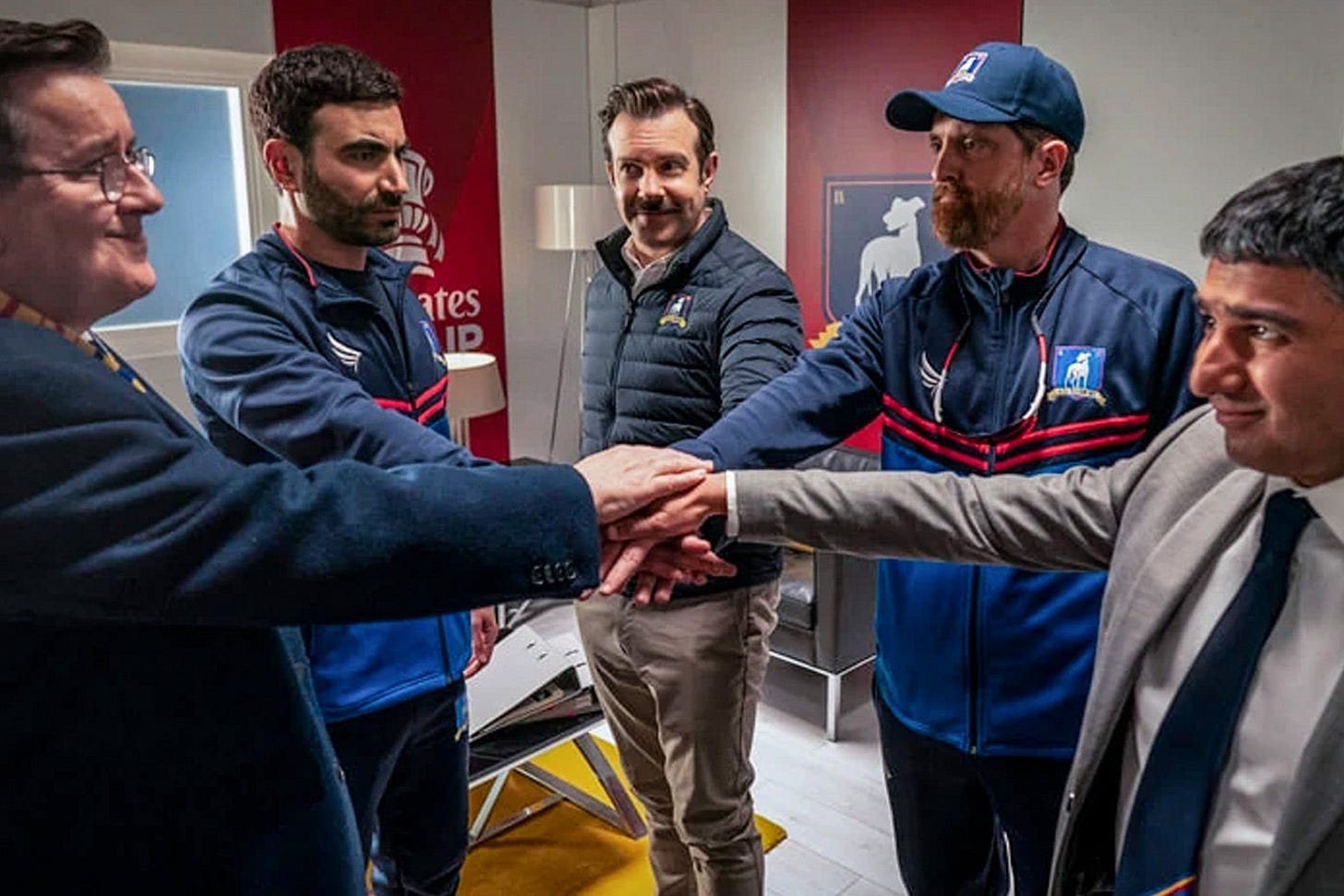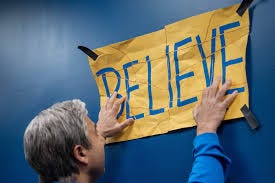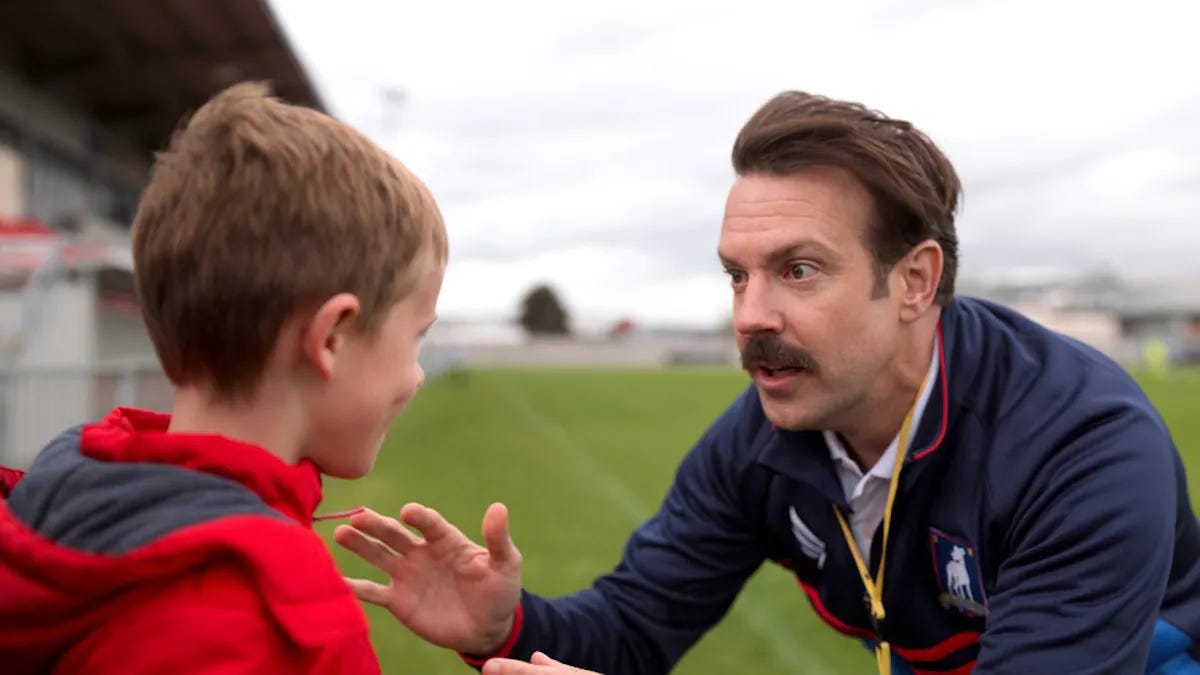Dear Readers
Welcome to another edition of “Sebastian’s Leadership Reflections”. Today I want to share a smile as I reflect on the messages of this beautiful show after its third and final season.
A year ago, after season 2, I wrote a post on Linkedin:
“Care… Laugh… Be Curious… Stretch… Believe
Ted Lasso is a beautiful show, a hug to the soul
More optimism, more kindness, less violence, less judgement, more willingness to understand, less know-it-alls, less bullies, less arrogance, more humility, more vulnerability, more collective efforts, less selfishness. Here a couple of leadership lessons I believe the show offers:
- Step out of your comfort zone:
Ted is a small town american football coach who accepts to move to England to train football (soccer) in the Premier League. Huge stretch.
- Believe:
“Whether you think you can, or you think you can't – you're right,” Henry Ford
- The memory of a Goldfish:
When it comes to mistakes, learn quickly the lesson, make sure not to repeat it and move on.
- Kindness:
Be human, be caring, be empathetic, seek to understand. You still need to have the difficult conversations, make the tough decisions and balance the hard choices… but there is no excuse not to be fair and kind
- One Team:
Nobody can be more important than the team, high performance and innovation are collective sports.
“You think you are one in a million, but you forget you are one of eleven in this team” Ted Lasso to a “selfish” star player
- Trust and Empower:
Nothing creates more confidence that feeling trusted and being empowered to do bigger things.
- Seek to understand, don’t rush to judge: BE CURIOUS, NOT JUDGMENTAL!
Curiosity to learn, humility to observe and empathy to see the invisible, that anyone may be fighting a personal battle at any point in time.
Ted Lasso is a refreshing experience”
Today, as someone who tries to consistently share insights on leadership through the reflection on the most diverse topics, I find myself captivated by the parable of Ted Lasso.
It’s been an Opera in three acts, a trio of seasons led by this warm and good-natured American football-coach in the US, turned football-(soccer)-coach in England. The show provides us with a treasure of leadership lessons, bright insights and inspiring quotes. And as a bonus, Ted Lasso invites us to reflect on the importance of the relationship between fathers and son.
Season 1: The Power of Belief
Ted Lasso is a stranger in a new land who is genuinely curious and boldly confident to explore the unknown, using his relentless faith as compass. Everybody is skeptical about what he can do, the team, the crowd… but his belief emerges illuminating every single challenge, "I believe in belief," which serves as a potent reminder of the unstoppable force that it is to have a clear purpose and a strong set of values to conquer life.
This potent belief underscores his remarkable resilience. Be it leading his team against adversities or turning personal down moments into sources of inspiration, his character is the embodiment of faith and an optimistic approach to life and leadership. "If you view everything through rose-tinted glasses, all the red flags simply appear as flags."
But what is important is that his belief doesn't exist in a vacuum, only helping him navigate difficult situations. What makes him a leader is that his faith in the better times to come radiates through his team. He creates a caring, supportive and nurturing culture to help each person around him grow, "There's nothing in this world that makes a person feel more invincible than someone believing in you." These words capture the essence of his leadership - a style that nurtures, encourages, and fosters a deep sense of belief, leading to an atmosphere of growth, resilience, and accomplishment.
The power of belief serves as a lesson for anyone in a position of leadership, because leadership isn't just about overcoming obstacles and leading a team to success, but it's also about creating a culture, an environment, that inspires each person to believe in themselves, to believe they can realize their full potential beyond the tasks at hand. A leader (a parent, a friend, a colleague) who instils belief in their people helps create an invincible shield and drive an unstoppable force.
Season 2: The Courage to be Vulnerable
In the second season we meet a Ted Lasso that deals with personal hardships, that suffers anxiety and panic attacks. But instead of hiding or denying, he accepts his vulnerability. It's an act of courage that also teaches us how authentic leaders harness the power of vulnerability.
Lasso's decision to be candid about his struggles encourages a profound connection with his team, creating a deep sense of empathy. In a world where vulnerability is often misunderstood as a liability, Lasso reframes it as a strength. As he articulates with eloquence and simplicity, "Strength isn’t about not falling down, but about picking yourself up, again and again."
His brave confrontation of personal battles paves the way for an inclusive environment where team members feel seen, heard, and understood. This openness allows his team to relate to him not just as a coach, but as a human being who understands their own struggles and dreams. "Everybody falls down, everybody dreams." His words underscore a shared human experience with his team.
The core leadership insight of Ted’s journey through season two is the transformative power of embracing your own vulnerability. Strong and effective leadership doesn't shy away from hardships and personal limitations, but embraces them as an integral part of the human experience. Leaders who are brave enough to be vulnerable not only foster a supportive environment but also strengthen the bonds of their teams, inspiring them to rise above their individual struggles and work towards collective success. “The same thing that makes you cry knowing they existed are the same things that make you cry knowing they’re gone” says Ted.
Season 3: Building Legacy
The last season shows us his profound and lasting leadership impact, and it also represents the ultimate leadership test: choices. “You need to stop letting yesterday get in the way of today.”
Ted’s leadership journey shows how it isn't just about clinching victories and achieving objectives. It's about the lasting influence a leader exerts on team culture, talent growth, and performance through continuous improvement. Lasso's legacy is shaped by the powerful faith he instilled within the team, even in those who left thinking they were better than the rest but decided to come back. His candid embrace of vulnerability, and his relentless pursuit of collective improvement will resonate far beyond his tenure, they will serve as foundation for what comes next. “We don’t not care. We care very much. We care about who you are and what you must’ve been going through. And from now on you don’t have to go through it all by yourself.”
There is this image towards the end of the show, forgiving and redemptive. The man in the picture (Nate) was his assistant coach in the first seasons who, at his lowest point, filled with arrogance and self-deception ridiculed Ted’s leadership style by tearing apart the sign that represented the beacon of hope for everyone. He left the team out of envy and confusion.
However after completing his own journey coaching a rival team, dealing with other people and learning more about himself, Nate realized how dangerous it is to be driven by ego. So, he decides to quit, go back to Ted’s team, and ask for forgiveness. “I hope either all, or none of us are judged by the actions of our weakest moments, but rather by the strength we show when and if we are ever given a second chance”
The saga of Ted Lasso offers us an extraordinary lens into effective leadership. Emphasizing the invincibility of faith, the courage in vulnerability, and the art of legacy-building, Lasso's leadership parable is a masterclass in compassionate leadership and the relentless pursue of high performance.
The last lesson
However, Ted Lasso’s most profound journey was about the meaning of fatherhood, which we can see in more than one relationship during the show, but most importantly his own.
In the end, Ted is just like Dorothy in “The Wizard of OZ,” who reveals the truth that had been bothering him all along: There's no place like home. In a heartbeat he trades money and glory as a coach in England for family and meaning as the coach for his son’s team back home in Kansas.
If a song can complete this post better than any word I can think of, then why writing more?
So, before you go, give me a few more minutes of attention and listen to the song played during the last minutes of the show… Ted needed to go back home because he missed his son very much!
“Lead yourself, Learn to live. Lead others, Learn to Build.”
P.S. If you enjoyed reading this post consider subscribing to the newsletter, joining the community and sharing your thoughts.




